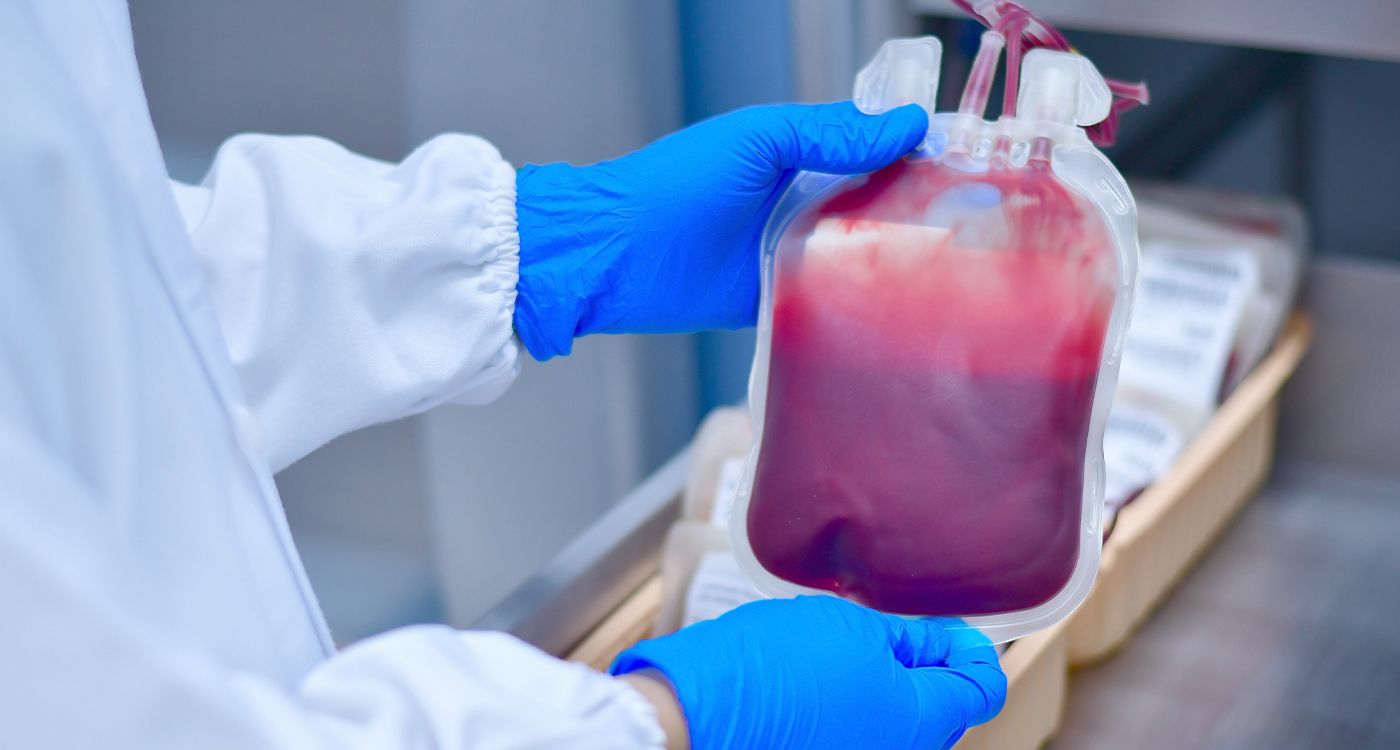
The trade in blood units has become a lucrative business for hospital and private lab owners, while being hard-to-obtain for patients and their families. Prices vary between hospitals and blood banks, ranging from $100 to $130 per unit depending on the blood type, with rare types reaching up to $200.
A single blood unit can be the lifeline a patient needs to survive, as timely access to it can be a matter of life or death. This is not a mere theory but a stark reality that we must acknowledge, especially considering the ongoing struggles patients face in securing blood and the rising costs that vary widely between hospitals. Blood has become both a profitable commodity for private hospitals and laboratories, and an increasingly scarce and costly resource for patients and their families.
Prices for blood units, including plasma, differ significantly from one hospital or blood bank to another, ranging from $100 to $130 per bag, depending on the blood type. Rare blood types can cost as much as $200, with emergency cases pushing prices even higher. In contrast, government hospitals sell blood bags for between $13 and $20 when available. Meanwhile, the cost of blood platelets can reach hundreds of dollars for those who need them.
Fouad (a pseudonym), the father of a young daughter battling cancer, frequently faces the daunting task of paying between $100 and $120 per unit of blood.
Recently, when his daughter’s condition deteriorated at a hospital in Sarafand, he was told by the administration that he would need to pay $300 for three units of blood, sourced externally due to unavailability at the facility. Unable to bear the extra financial strain, he turned to social media to rally support, but his efforts fell short. Ultimately, he had no choice but to borrow from relatives to cover the cost. This narrative mirrors the daily struggle endured by numerous Lebanese citizens.
Who bears responsibility for this crisis that exacerbates the suffering of already distressed patients? Why are individuals being charged for blood, and what explains the significant price differentials? Is there truly a blood shortage in Lebanon?
Sleiman Haroun, head of the Association of Private Hospitals, reassures our sister company Houna Loubnan, saying, “There is no crisis in blood supply. However, when the Red Cross experiences a shortfall in its reserves, it issues a public call for donations. But this does not mean there is a widespread shortage.”
Haroun explains that the cost of each blood unit accounts for the thorough laboratory testing it undergoes to ensure its safety and prevent the transmission of diseases. The standard price for a blood unit is $60, a rate that should be consistently adhered to. Nevertheless, platelets incur significantly higher costs due to the specialized "Plasmapheresis" equipment used, along with the medications and filters necessary for the process. He underscores, "It is a complex and costly procedure."
Meanwhile, Georges Kettaneh, the Secretary-General of the Lebanese Red Cross, clarifies that “blood prices are determined by private hospitals and the Ministry of Health, not the Red Cross. He adds that the Red Cross provides all blood types to patients free of charge, once they have been properly tested and are available.”
Kettaneh highlights a critical issue: the shortage of blood donors. Despite the challenging circumstances, the Lebanese Red Cross remains committed to its mission, consistently ensuring blood availability for patients in need.
He notes that the Red Cross distributes between 50,000 and 60,000 units of blood annually, all of which undergo comprehensive testing. However, the actual demand is closer to 120,000 units to fully meet hospital needs.
Kettaneh urged for increased blood donations to enable the Red Cross to provide blood to as many patients as possible. He emphasizes the need for a steady pool of regular donors, registered with the Red Cross to ensure a consistent and reliable supply.



Comments